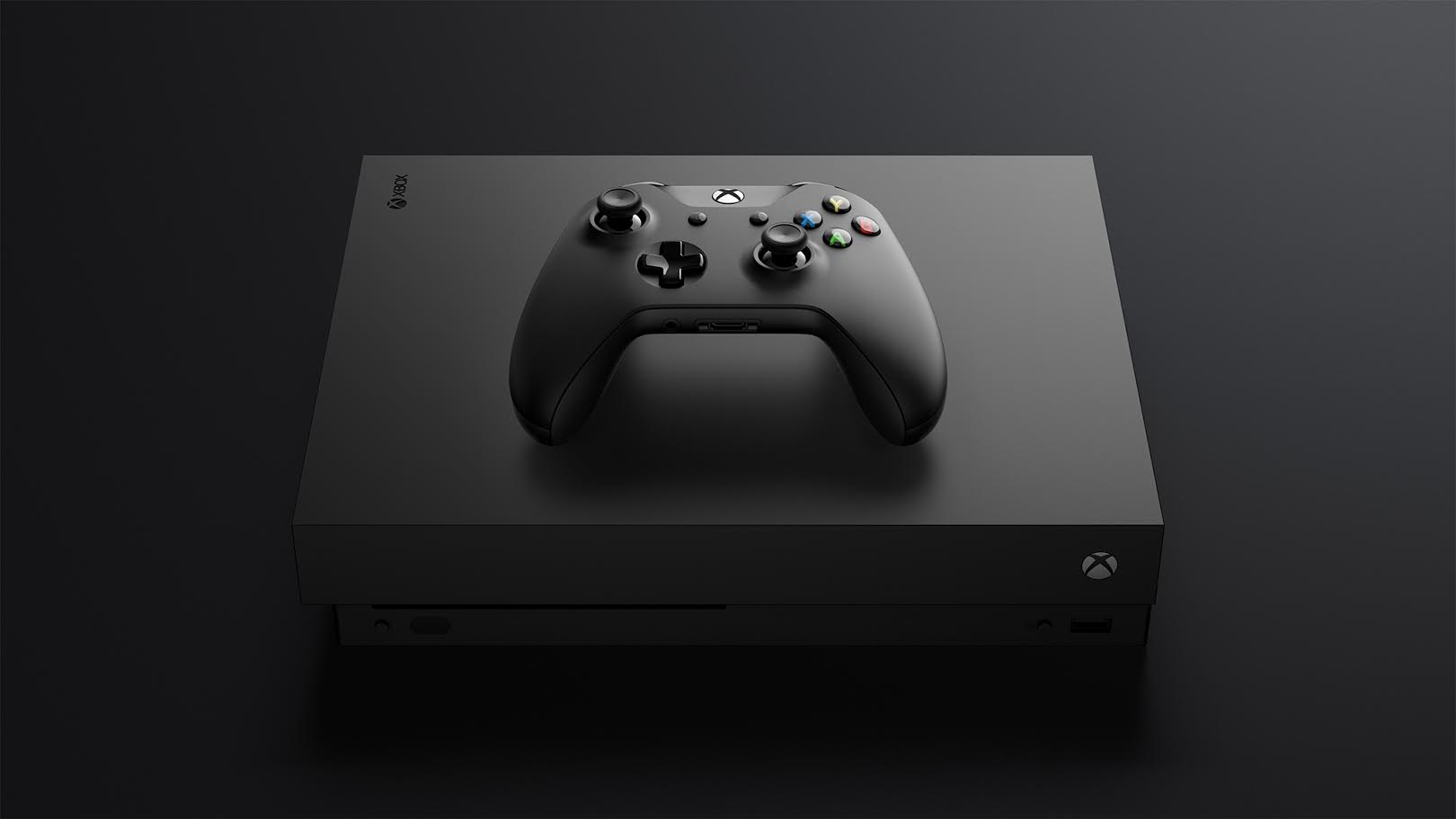Microsoft’s had the worst luck as far as their first party initiatives go this generation- multiple of their anticipated games in development have had troubles and met with cancellations, such as Scalebound and Fable Legends, their major first party franchises are beginning to feel tired and losing their selling power in the market, such as with Halo or Gears, and their new efforts have all failed to stick- such as Quantum Break and Sunset Overdrive.
Why has Microsoft had such bad luck with their exclusive lineup? We decided to ask Lewis Ward, IDC’s Research Director, Gaming and VR/AR about why they had failed to match Nintendo and Sony in this regard.
“Microsoft doesn’t have as big a game development studio team in house as Sony or Nintendo and doesn’t have as deep a history of producing first party entertainment products and services,” he said. “They have a few massive franchises like Halo and Gears of War and Minecraft and so on, but Microsoft’s strategy for a long time has been to seek out indie studios and partner with big third party studios in order to obtain exclusive content. Microsoft has been more aggressive than Sony or Nintendo in terms of identifying external fits for the Xbox community that come from a PC or mobile background, and making these games work on TV sets – and potentially buying the associated studio and IP if the terms make sense. You mentioned Ryse earlier, and that of course was developed by Crytek. Microsoft got World of Tanks on Xbox years before Sony. This holiday season their big move was to tie up Bluehole’s PlayerUnknown’s Battlegrounds. Since Microsoft has a smaller internal development team, they have to get more creative around getting exclusive content and I suspect this trend will continue. It’s largely paid off for them.”
I’m not necessarily sure I would argue that Microsoft’s first party efforts have paid off for them- certainly, on the Xbox and Xbox 360, but definitely not so on the Xbox One. I also agree that Microsoft’s first party hasn’t been as strong as Nintendo and Sony- but after 19 years on the market, whose fault is that?
This has, of course, led to problems like last year, where Sony and Nintendo dominated conversation with epic first party titles such as Horizon and Breath of the Wild, and Microsoft had nothing to show for themselves, and got edged out from the conversation- isn’t this a problem the company should look at addressing?
“These games take a long time to make and are very expensive,” Ward said. “As you pointed out, Microsoft tried their hand at some AAA games with strong narratives earlier this generation and kind of crapped out. Perhaps the cancelled Fable game would have scratched that itch, or perhaps the new Crackdown will be a monster – it certainly looked good at E3. At the end of the day, I kind of don’t blame Microsoft for focusing on partnerships that involve multiplayer like PUBG. That’s where the esports wave is going and that’s where the monetization tail can last for year and years. Single player games are great but they’re star is fading broadly simply because they’re a riskier bet. If they flop out of the gate, it can destroy a studio.”
That- is an argument we have often heard, but on the other hand, we have also seen a multitude of great first party games actually work and be successful over the last year- at this point, the problem is in Microsoft failing to identify the proper strategic initiatives, and failing to budget properly.
In the end, I do hope Microsoft gets back to producing exciting first party content- multiplayer and GaaS style, sure, but also single player stuff. Have variety in your lineup, Microsoft- variety is what sells consoles.














